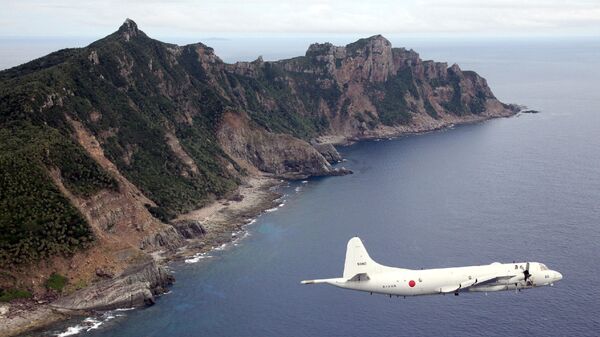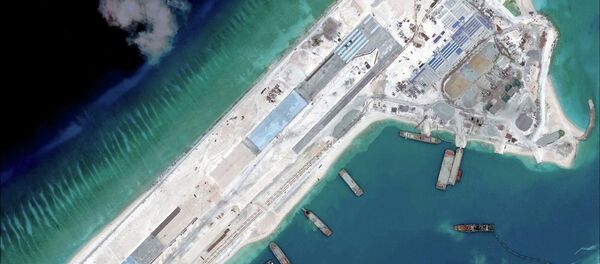Japan’s Defense Ministry and Self-Defense Forces have allowed the country’s P-3C patrol aircraft to stop at bases of countries facing the South China Sea when returning from anti-piracy activities off the coast of Somalia, according to the Yomiuri Shimbun newspaper, which quoted Japanese government sources.
Japan’s P-3C aircraft travel between Japan and Africa about every three months. Earlier, the aircraft refueled at bases far from the South China Sea, in countries including Singapore and Thailand. Although their outward journeys will remain the same, the P-3C aircraft, on their return trips, will transit at bases around the South China Sea, in Vietnam, the Philippines and Malaysia, website the Inquirer wrote.
Japan is reinforcing relations with nations that are opposing territorial rights with China in the area.
“In June, Japan conducted its first joint search-and-rescue drills with the Philippines, and in November it reached an agreement with Vietnam to hold the first Self-Defense Forces drills in Vietnam waters and to allow the SDF to dock at Cam Ranh Bay in Vietnam.”
Yang Bojiang, deputy director of the Institute of Japan Studies of the Chinese Academy of Social Sciences told The Inquirer that Japan must have ‘racked its brains’ to come up with such a way to interfere in the South China Sea.
Fu Qiaoshao, an expert of the Chinese People's Liberation Army Air Force, told Global Times that P-3Cs may inform the US of information they acquire in the South China Sea and China should pay attention to the issue.
Following the move by Japan in boosting its presence in troubled waters, Beijing responded saying that “hopefully, relevant countries will act cautiously and properly tackle the issue.”
“As one country seeks its own security, it must consider the security interests of other countries as well as the peace and stability of the region,” the Inquirer reported Foreign Ministry spokesman Hong Lei as saying on Wednesday.




